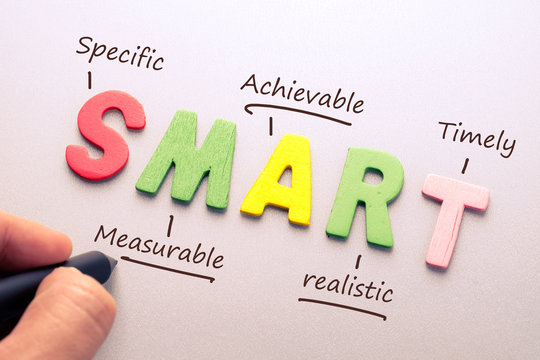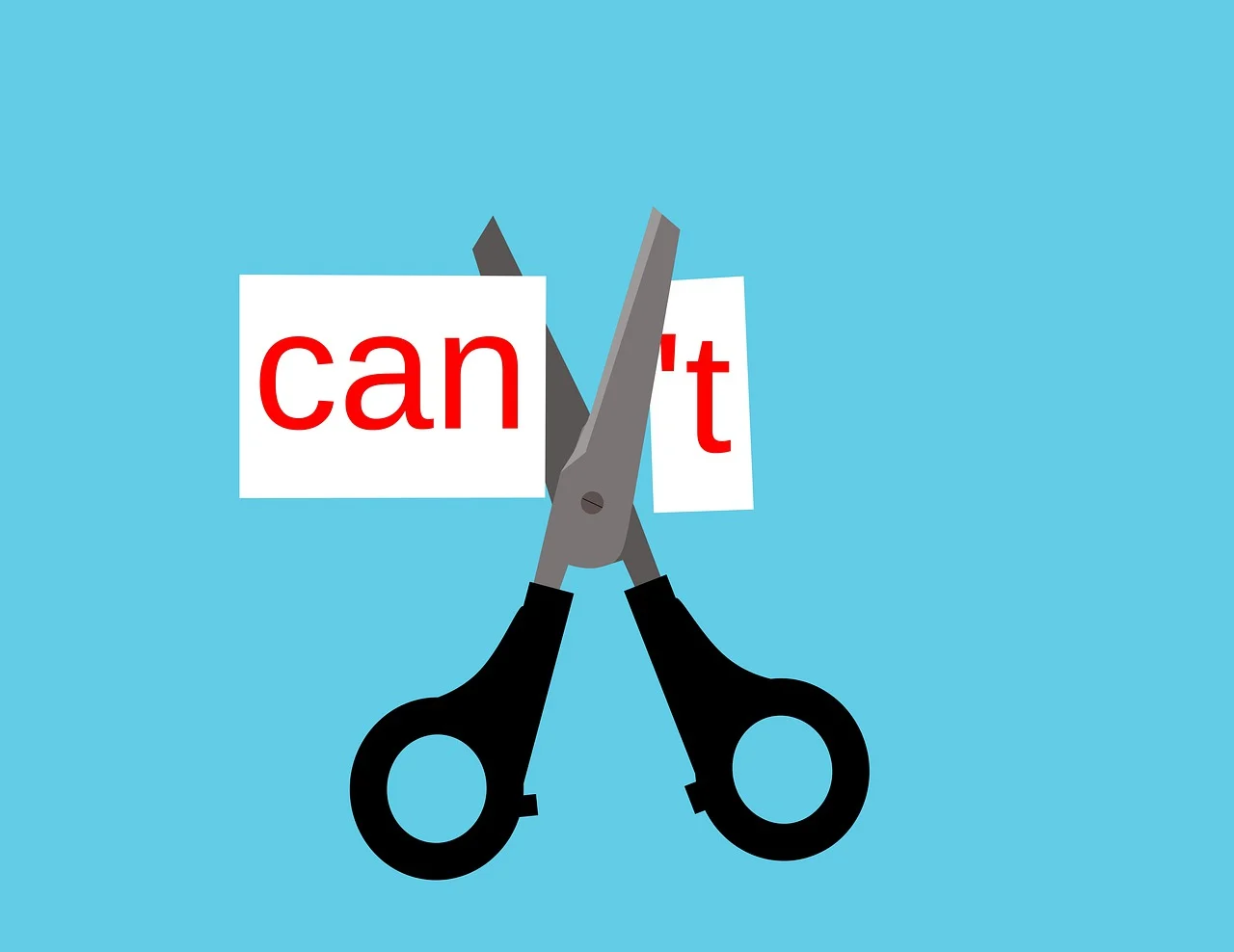Mental fitness is learning to control the voice in your head. The average person has around 70,000 thoughts a day. The vast majority of these thoughts are habit. They are stories and beliefs about ourselves, often created in childhood, that we automatically assume to be true.
Our thoughts are not our identity. You do not have to believe everything you think.
- Positive Intelligence (PQ) helps you to recognise the process of your thoughts rather than the content.
- This is where PQ’s 10 saboteurs come in. We all have them and they sabotage our wellbeing, relationships and performance by causing stress, fear and self-criticism. Mental fitness is about becoming aware of your saboteurs (negative self) and then taking steps to shift into your Sage (positive self).

We all understand what physical fitness is; exercising to keep our bodies fit and strong. Our minds need to be kept fit as well. And in today’s world this is more important than ever, with the overwhelming amount of information we’re exposed to on a daily basis, from the news and social media as well as the emotional burdens we already carry.
- The PQ program establishes the foundations of mental fitness. The program teaches you practical exercises to move out of a negative mindset and shift to a positive one. It teaches you about your saboteurs, where they come from and how to specifically change those thought patterns. Then you are taught about the 5 Sage powers we all have and how to harness them to create positive change in your life.
Positive Intelligence or PQ (think IQ and EQ) is a game-changing approach to coaching. The program is accessible, practical and manageable for everyone. You will be guided by an app with daily practice for 7 weeks (5-20mins a day) and an hour’s video module each week. You will also have one call a week to check in with Positive Futures coach, Libby Stanley, who is a PQ Mental Fitness coach.
Intrigued? Get in touch and she’ll send you the Saboteur assessment for free so you can identify your top sabotaging thoughts and behaviours.





